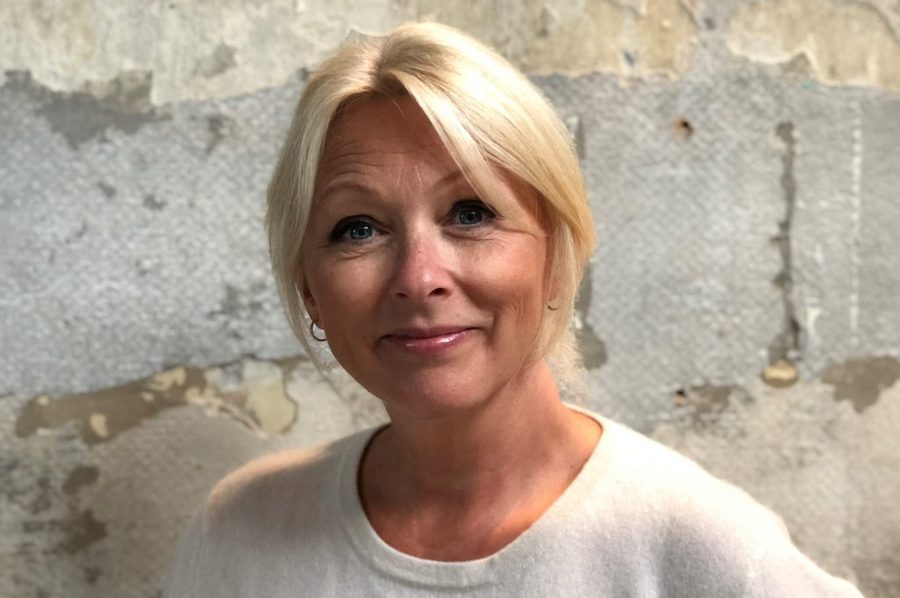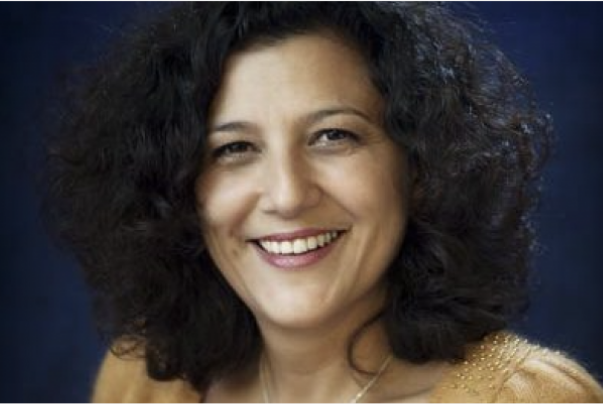
Interview with Siri Nodland: We have to build closer links with government to strengthen Norwegian fundraising
June 9, 2021
Special Focus: What do philanthropists need to help them give big?
July 7, 2021As the Association Française des Fundraisers celebrates its 30th anniversary, Fundraising Europe interviews its director Yaële Aferiat on how it’s evolved over this time, the successes and the challenges, and where she sees it going next.
Congratulations on 30 years of the Association Française des Fundraisers(AFF)! Can you tell us why the organisation was set up and what was its original mission?
[Yaële Aferiat] The early 1990s was a fascinating time for the sector. Fundraising was at its industrialisation phase, with direct marketing tools really taking off. It was the starting point of the emergence of a profession here in France. I’m not saying that fundraising wasn’t around before then: fundraising is one of the oldest professions around – people have always asked for money for good causes, but it wasn’t seen as a profession. There were very few professional fundraisers and little guidance or uniformity when it came to standards and an emerging scandal highlighted the need to establish a robust ethical framework. There was a need for fundraisers to be able to exchange good practice, learning from one another and getting to know each other in other as part of a professional community. So, after one of our founding members visited the US and was inspired by the fundraising communities there, the organisation was born. Originally it was established as a club – “Le club des fundraisers”.
Over time, how has that mission evolved?
The overarching mission remains much the same – to help the sector grow, develop and professionalise. However, there are two aspects that have evolved considerably from our early days – we have become a recognised provider of fundraising training and qualifications, and we have extended our reach and services across France.
The early years of AFF mainly consisted of conferences and themed breakfast discussions, all in Paris. But the need for structured skills was so important – as of course was having a bigger national reach.
The launch of EFA Certification played a decisive role in all this. That project defined the competence framework for a fundraising qualification and it was the starting point of our jump into professional training. We launched the CFF (French fundraising certificate) and then compiled a directory of all the relevant fundraising speciality areas and related skills. This allowed us to structure a complete catalogue of training programmes for the sector.
And 12 years ago – thanks to the support of our members – we were able to develop a network of regional groups, which are now hugely dynamic and enable us to support the sector in all areas of the country.
What are your key successes from that period and what are you most proud of?
AFF is now recognised as the leader in fundraising training nationally and has a very active professional network of 1,200 members, who are hugely supportive and welcoming to one another.
We also managed to engage our community in the big Giving Tuesday movement to make fundraisers active players in the development of global generosity. This was a tough move and we are proud of it because it gave our community a new form of collective impact. As a strong community, we have great capacity to leverage generosity across the nation.
But we are also proud to have (so far) survived this crisis [the COVID-19 pandemic]! it impacted us like so many organisations that operate exclusively on an in-person basis. It will bring new development opportunities, it has already, especially when it comes to digital. And yet, although the digital world is very powerful, it can’t replace the direct contact and relationships that can be built over the years by meeting people physically and sharing experiences together.
How has the fundraising sector changed during that time?
It’s been a very complex evolution to manage for a number of reasons, including a broadening of the sector and the fundraising channels used.
New sectors are coming into fundraising all the time, such as higher education, local public institutions and, more recently, public hospitals. We always do our best to support them, but there are often very different cultures, organisational structures and budgets. So this has meant creating more specific sectorial communities and events, so that they can explore common challenges and opportunities together.
We’ve also seen more diversity and complexity in terms of the fundraising channels, techniques and expertise. This can have a big impact on the skills needed. We have to constantly evolve not only to keep up, but to try and be a step ahead of the changes.
What has been the biggest challenge for AFF and how did you handle this?
The biggest challenge has been and still is to balance the two pillars of our activity: we are a membership community as well as a service provider.
During the pandemic, having had to cancel some of our events, which are a key income driver for us, we decided to launch a crowdfunding campaign last Summer aiming to raise funds to sustain AFF. The success of that campaign really reinforced the attachment of our community to the organisation, but our next step is to grow our membership income we that we can secure our future.
We also intend to create a philanthropic fund for research and innovation, but this cannot be funded by our current economic model, so growing and diversifying our own income streams is really important.
What is your vision for AFF and the fundraising sector 30 years from now?
That’s a great question: we are working on it now! We are currently carrying out a prospective study called fundraising 33 to help us build this vision. Earlier this year, we launched a young fundraisers programme to nurture new talent in the sector and promote intergenerational support, and we are always looking at new ways to help the fundraising community develop.
The world is changing very quickly, but we are rooted in our fundamental role of supporting the professional and human community of fundraisers. How we achieve that will change and develop. Ultimately, it’s about allowing space for innovation and focusing on supporting the sector at both an individual and collective level so that nonprofits can achieve even great impact for the common good.
About Yaële Aferiat
Yaële is director of the French Fundraisers Association (AFF) and Global Leader of Giving Tuesday in France. She is dedicated towards developing the fundraising profession and inspiring a culture of philanthropy in France.




